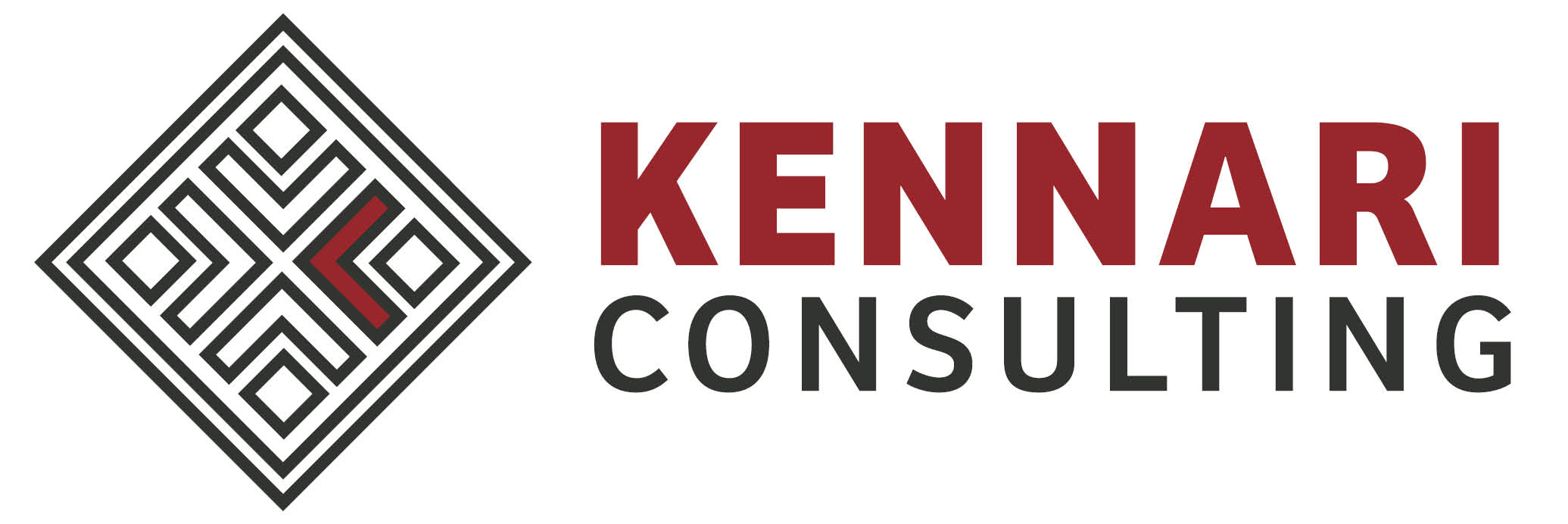Does your database spark joy?
Are you a “clean it now” type of person?
Or are you a procrastinator?
Your database system is only as good as what you put in there. Regardless of your current data cleaning regimen, we have some guidelines to keep in mind while organizing your database.
These are some things you should check on a regular basis:
Once a month…
- Review Duplicate Donors – ESPECIALLY if you’re linking online giving to your database.
- Review campaigns, funds, appeals – If you cannot make these fields required during data entry, set up a monthly checks report to see if any of the fields were left blank.
- Reconcile with your finance department.
- Gather intel at board/committee meetings.
- Collect donor interactions from Executive Director, Development Director, etc.
Twice a year…
- Update groups/constituent codes, as boards and committees will change.
- Review table entries, for example, hide old appeals. Merge any that have been duplicated.
- Review Lapsed Donor Reports from events or appeals.
- Make sure emails are updated and/or synced between email provider (Mailchimp, for example) and your database.
- Update Acknowledgement Letters. Update these regularly, depending on your gift volume. Many organizations do this monthly. Think about impact; when reading the letter, the donor should feel great about the gift they gave. You should not have a one-size-fits-all acknowledgement letter!
Once a year…
- Review contact names at organizations.
- Find blank addresses.
- Delete old queries/reports that are not used or relevant.
- Clean up irrelevant custom fields/attributes.
- Update your procedure manual.
- Update wealth data.
- Review tribute donors to mark any inactive to avoid mailing after a year.
- Make sure you know the process of a data restore in the event of a major constituent or donation delete. This varies from tool to tool! Don’t be afraid to ask them, “What happens if….”
We know that not everyone has the time to deep clean their databases every day. However, it is important to prioritize scheduled time for your database maintenance process, particularly if you are the database manager for your organization. Good data hygiene is worth investing staff time, finding a contractor, training an intern/volunteer, or some other creative solution. Dedicating this time regularly will it make it easier for you to be consistent with your data hygiene, and overall, will lay the groundwork for an effective development program.
This content was originally presented in a Kennari Roundtable (monthly educational programs for Kennari clients) by Strategist (and database guru) Jaime Van Essen
